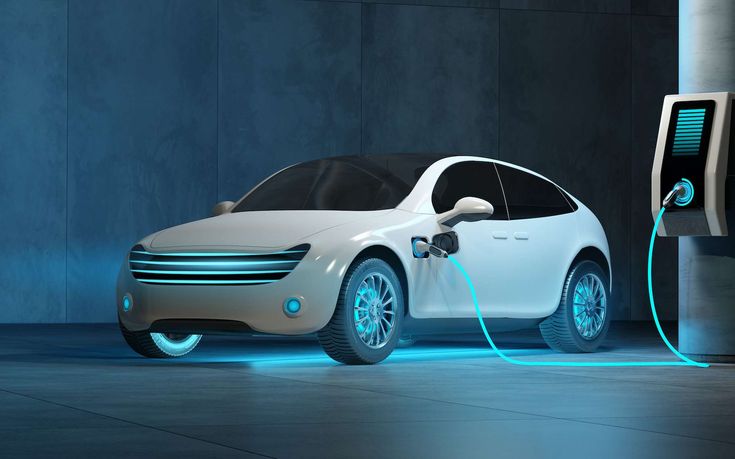Electric vehicles (EVs) have surged in popularity, but they still face skepticism and misconceptions that hold some people back from embracing them. Let’s take a closer look at some of the most common myths about electric cars and uncover the truth behind them.
Myth 1: EVs Have a Short Battery Life
Think EV batteries die young? Think again! Modern EV batteries are built to last. We’re talking about 100,000 to 200,000 miles or more! Plus, manufacturers typically throw in warranties that cover 8 years or longer. Treat your battery well—avoid extreme temps and excessive fast charging—and it will reward you with years of smooth rides.
Myth 2: EVs Have Limited Range
“I’ll run out of battery before I even get to work!” Sound familiar? Fear not! Today’s EVs can travel 200-400 miles on a single charge, and some, like the Tesla Model S, push beyond 400 miles. For your daily commute or weekend road trips, there’s more than enough juice to keep you going. Bonus: Charging stations are popping up everywhere, making range anxiety a thing of the past.
Myth 3: Charging Takes Forever
Who’s got time to wait all day, right? Good news—you won’t have to! Fast chargers can power up your EV to 80% in about 20-30 minutes. At home, just plug it in overnight, and you’ll wake up to a full “tank.” It’s like charging your phone, but way cooler.
Myth 4: EVs Are Too Expensive
Yes, EVs can seem pricey at first glance. But guess what? They’ll save you a ton in the long run. Lower fuel costs, minimal maintenance, and government incentives make EVs wallet-friendly. And with budget-friendly options like the Nissan Leaf and Chevrolet Bolt, going electric doesn’t have to break the bank.
Myth 5: EVs Aren’t Really Eco-Friendly
Let’s clear this up—EVs are way greener than gas guzzlers. Sure, building batteries has an environmental impact, but over their lifetime, EVs produce significantly fewer emissions. As renewable energy grows, charging your EV gets cleaner and greener. Mother Earth approves!
Myth 6: EV Batteries Can’t Be Recycled
Think those giant batteries just go to waste? Nope! EV batteries are highly recyclable. Materials like lithium, cobalt, and nickel can be reclaimed and reused. Plus, old EV batteries often get a second life in energy storage systems. Recycling programs are only getting better, so no need to worry about landfill nightmares.
Myth 7: EVs Aren’t Good for Long Road Trips
“But can I drive cross-country?” Absolutely! Modern EVs can handle long trips just fine with a little planning. Handy apps like PlugShare help you find charging stations along your route. And hey, those charging breaks? Perfect for grabbing a coffee or stretching your legs.
Myth 8: EVs Don’t Perform Well in Cold Weather
Cold got you worried? It’s true that extreme cold can reduce range, but it’s manageable. Preconditioning your battery and cabin before driving can work wonders. Heated seats are also your best friend. Plus, manufacturers are constantly improving cold-weather performance to keep you cozy and cruising.
Myth 9: EVs Are Slow and Boring to Drive
Forget the stereotype of sluggish EVs. These bad boys are fast. Electric motors deliver instant torque, which means jaw-dropping acceleration. Cars like the Tesla Model S Plaid and Porsche Taycan are speed demons that leave many gas-powered supercars in the dust. Even the more affordable EVs pack a punch—get ready for a smooth, thrilling ride.
Myth 10: The Grid Can’t Handle Widespread EV Adoption
Relax, the grid’s got this! Charging mostly happens during off-peak hours, so there’s no giant strain on electricity. As renewables like solar and wind become more prominent, the grid’s capacity will only get stronger. The future looks bright—and fully charged!
Conclusion
Electric cars are no longer a novelty; they’re a game-changer. By busting these myths, it’s clear that EVs offer huge benefits for drivers, the environment, and even your wallet. If you haven’t already, now’s the perfect time to explore the exciting world of electric mobility. Ready to make the switch?
